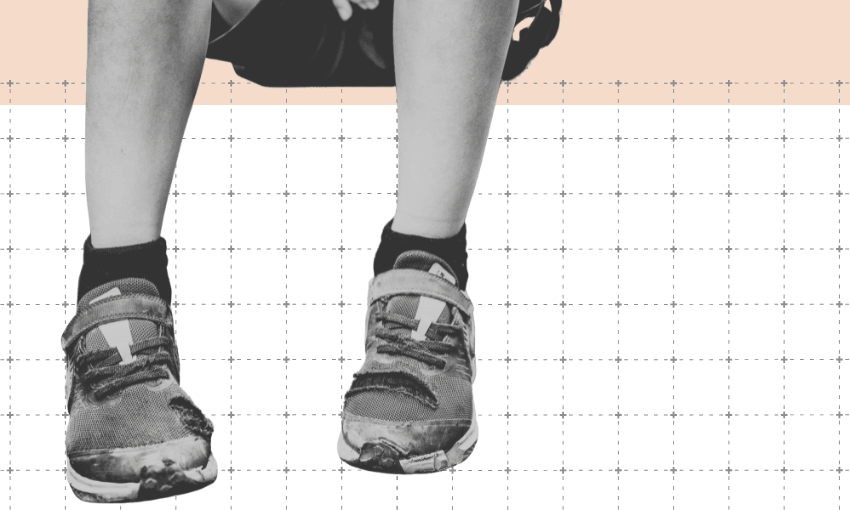Both the Greens and Act increased their party vote percentage from 2020. Combined with reshuffled lists, that means plenty of new faces – here’s a quick guide to the new MPs from both parties.
GREEN PARTY
Lan Pham (Electorate: Banks Peninsula)
Pham was a councillor for six years on the Environment Canterbury regional council. She trained as a freshwater ecologist and was appointed as a freshwater commissioner but chose to run for the Greens after becoming frustrated with a bureaucratic approach to water governance. She’s replacing Eugenie Sage, who also campaigned in the Banks Peninsula electorate, as the Greens’ highest-ranked MP based in the South Island. Pham wasn’t running an electorate campaign in Banks Peninsula, but still got 6,470 electorate votes, more than her new caucus colleague Ricardo Menendez-March, who tried really hard to run a two-tick campaign in Mount Albert. Read our full profile of Pham here.
Hūhana Lyndon (Te Tai Tokerau)
Lyndon has been CEO of the Ngātiwai Trust Board, and has a background in forestry, working with the government’s One Billion Trees programme to get native trees planted across the Northland region. She’s run in several local government elections before being selected as a 2023 Green candidate. Interestingly, Lyndon did way better on the electorate vote than the Green Party did in the party vote in her electorate.
Steve Abel (New Lynn)
Abel, a long-time Greenpeace campaigner, just missed out on an MP position via the list in 2020 – he even attended the workshops for incoming MPs just in case he got in on the special votes, so this is his second time being induced as an MP. He’s contributed to campaigns against oil drilling, mining and water pollution, and has made several albums as a musician too.
Fa’anānā Efeso Collins (Panmure/Ōtāhuhu)
2022 Auckland mayoral candidate and a former councillor, Collins lost out big in the 2022 local body elections. Formerly associated with the Labour Party, Collins chose to put his hand up for the Green Party after the Auckland floods this year, when he wanted to unite the social and environmental concerns connected in natural disasters. In an exclusive interview with The Spinoff earlier this year, he said that he thrives in chaos – hopefully he’ll find some of that in parliament.
Scott Willis (Taieri)
Willis ran in Taieri, the electorate that includes South Dunedin and rural areas south of the city. His background is in energy resilience: he’s worked with a trust that supports insulating homes and distributing peer-to-peer electricity, which he says is a key part of energy resilience for the climate crisis. He ran, unsuccessfully, for Otago Regional Council in 2019 and practises taekwondo.
Darleen Tana (Tāmaki Mākaurau)
Tana is a scientist; she stood for the Greens in the Northland electorate in 2020. She worked in Europe for nearly two decades before moving back to Aotearoa.
Tamatha Paul (Wellington Central)
Another Greens candidate with a local government background, Paul was president of the VUW student association in 2019, when she also campaigned for election as a Wellington councillor. In one-and-a-bit terms as a councillor, Paul has been outspoken for students, housing and transport initiatives in the city, and ran an electorate-only campaign in Wellington Central, with James Shaw stepping aside to run only on the list. Despite polls not showing her in a position to win, her incredibly strong and consistent volunteer campaign got her into parliament, solidly ahead of Labour’s Ibrahim Omer.
ACT PARTY
Andrew Hoggard (Rangitīkei)
The former president of the farming lobby group Federated Farmers, Hoggard is very well known in rural Aotearoa; a “rural celebrity”, as Stewart Sowman-Lund put it in this electorate profile. Likely for that reason, he ended up well above several sitting MPs on the Act list. He’s told Stuff that he would like to change farming regulations once in parliament. According to his Act Party bio, he and his family have 500 cows.
Todd Stephenson (Southland)
Stephenson was born and grew up in Southland, although he lived in Sydney until earlier this year. Trained as a lawyer, he’s had a corporate career in the pharmaceutical industry and told Stuff that “it’s time to use the skills I’ve got to help get New Zealand back on track.’’ Hopefully he’s been trying not to use the wrong party’s slogans since then.
Parmajeet Parmar (Pakuranga)
Parmar was a National list MP from 2014 to 2020, where she ran in Mount Roskill against Phil Goff and Michael Wood. She announced her switch to Act earlier this year, and campaigned against former caucus colleague Simeon Brown in Pakuranga through the election campaign. She has a PhD in neuroscience.
Laura Trask (Banks Peninsula)
Trask is trained as a pharmacist and now helps to run a fire evacuation company – going to Auckland for work a lot has helped train her kids for sharing their mum with parliament, she told The Press earlier this month. (She also said that she didn’t think the Act policy of fining youth offenders would work.) Greens candidate Lan Pham, also running in Banks Peninsula, told The Spinoff that she liked Trask’s energy.
Cameron Luxton (Bay of Plenty)
Luxton ran for Act in 2020 in the Tauranga seat where he finished fourth. He told the New Zealand Herald he was focused on crime and cost of living, and has said that if he were minister for culture, arts and heritage, he would get rid of the Human Rights Commission (which is not part of that ministerial portfolio). His Act bio says his background is in construction, farming and sports.





